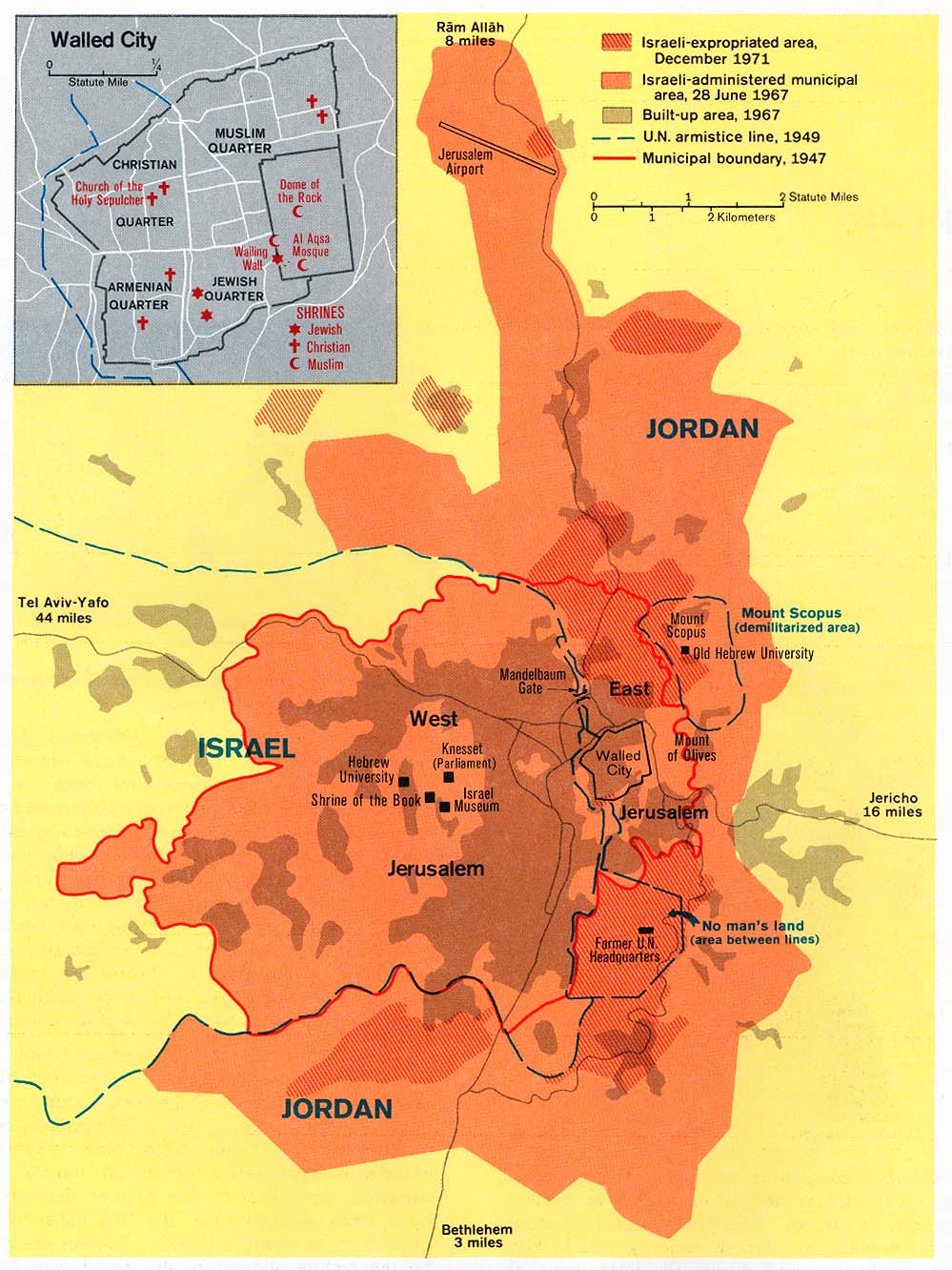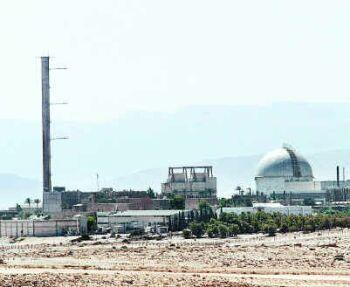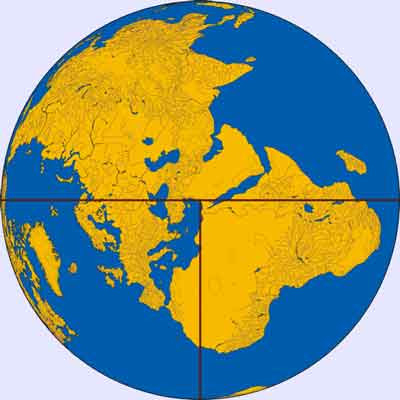
Extraordinary photos of a Qassam weapons team ran in Der Spiegel. They can crank out 100 rockets per night. Fertilizer for the explosives comes in sacks labeled in Hebrew, so the source presumably is Israel.
excerpt:
The TNT comes to us from Sudan via Egypt." Other elements arrive by boat across the sea to Gaza. "We get some from Eastern Europe." The raw materials for one large rocket cost up to €500. The money to finance the operation comes the same route as the materials. "The Israeli blockade doesn't affect us; it's just intended to plunge the people into misery."
Now and then shots can be heard outside and an explosion echoes through the night. There is fighting at the nearby border. The walkie-talkies in the hut keep them up-to-date on the situation. With a hiss, the gas cooker comes to life. A cauldron full of fuel is set on it, and one of the men stirs in a lump of golden syrup, while the others weigh the fertilizer, which contains nitrate. They explain that the nitrate has to be mixed very slowly with the sugar solution. "The thing is highly explosive." Abdul admits that many of his friends have suffered severe burns or lost fingers. He shrugs his shoulders: "There is a local saying in Gaza: He who cooks poison has to also try it."
The production of the fuel may be delicate, but the real danger lies in the Israeli helicopters, Abdul says. "We know that we are easy prey." His thumb flashes a nervous Morse code with his flashlight onto the floor of the hut. "We are ready to die; that is the price of our freedom." He says that the Palestinians are left with no other choice but to fight the Israelis with weapons. "Either we resist, or they treat us like slaves." He has thought about who is hit by his rockets. "If we kill soldiers, then we are more than happy," he says. "If it hits a child, then naturally we are not happy."
The simple fact of the matter is that you can't aim a Qassam, he says. "And look at the Israelis. They have F-16s and Apache helicopters and can shoot with amazing accuracy. And they still kill our women and children." He reflects for a moment. "Children shouldn't be killed in any war in this world," says Abdul, who has no children of his own.
Then he sends everyone outside. "This is the most dangerous moment. Just before the fuel is ready, the whole thing can explode." Over tea on the porch Abdul tells of his career as a rocket maker. A few hours of theory, then he and his friends did their apprenticeship with an experienced rocket builder. He doesn't want to explicitly say it, but it seems as if he also trained abroad. "I was in Syria, Jordan and one other country," he says. In Iran? Abdul smiles slightly.
The rocket fuel in the cauldron is ready: a thick yellow dough. Abdul carries a spoonful outside and put it in the fire on which the tea is brewing. A flame darts up, the nitrate-sugar mixture fizzes and bubbles as it burns off. It smells like fireworks, Abdul is pleased. The mixture is ready and is poured into a plastic tube, where it is to cool down. A fuse with a long wire is embedded in the mixture, with which the rocket can be ignited later. Once the fuel has set, the plastic tube will be cut away and the yellow fuel cylinder will be placed in the Qassam casing.
Now that the first Qassam rocket of the night is practically finished, Abdul has become quieter. "Today the clouds are protecting us from the Israeli drones."
Such bravado is to be expected. But the easy access of the German press to Islamic Jihad is disturbing. One wonders how they would react to Shir Shusdig, a teenager from Sderot, who spoke at a rally in support of lifting the Gaza blockade: "For seven years I am suffering from the Qassams in Kibbutz Zikim and Sderot. I know that the people on the other side are also suffering very much. That's why I am here!"
According to the
Jewish Voice for Peace, the Gaza Strip situation today has terrible echoes of a desperate appeal a century ago.*
"Arise and go now to the city of slaughter;
Into its courtyard wind your way;
There with your own hand touch, and with the eyes of your head,
Behold on tree, on stone, on fence, on mural clay,
The spattered blood and dried brains of the dead."
What can one think as one stands at the gates of Gaza?
Only this:
"There in the dismal corner, there in the shadowy nook,
Multitudinous eyes will look"
What can we imagine today as we stand at the gates of Gaza, other than
"A babe beside its mother flung,
Its mother speared..."
Because today, as we stand at the gates of Gaza, we have no voice, we have no words and we have no deeds. There is not a single Yanosh Korchak among us who will go in and protect the children from the fire. There are no Righteous Gentiles who will endanger their lives in order to save the victims of Gaza. We stand forlorn and contemptible in front of the gates of evil, in front of the fences of death, and obey the racist laws that have taken control over our lives, and all of us are helpless.
When Bialik wrote:
" Satan has not yet created Vengeance for the blood of a small child,"
It did not occur to him that the child would be a Palestinian child from
Gaza and his slaughterers would be Jewish soldiers from the Land of
Israel.
And when he wrote:
Let the blood pierce
through the abyss! Let the blood seep
down into the depths of darkness, and
eat away there, in the dark, and breach
all the rotting foundations of the earth.
He did not imagine that those foundations would be the foundations of the Land of Israel. That the Jewish and Democratic State of Israel that uses the expression "blood on his hands" to justify its refusal to release freedom fighters and peace leaders would submerge us all in the blood of innocent babes up to our necks, up to our nostrils, so that every breath we take sends red bubbles of blood into the air of the Holy Land.
"And I, my heart is dead, no longer is there prayer
on my lips;
All strength is gone, and
hope is no more.
Until when,
How much longer,
Until when?"
* The poems "City of Slaughter" and "On Slaughter" were written by the Jewish poet Haim Nahman Bialik in tribute to the victims of the Kishinev Pogrom in 1903, Russia - trans.




























